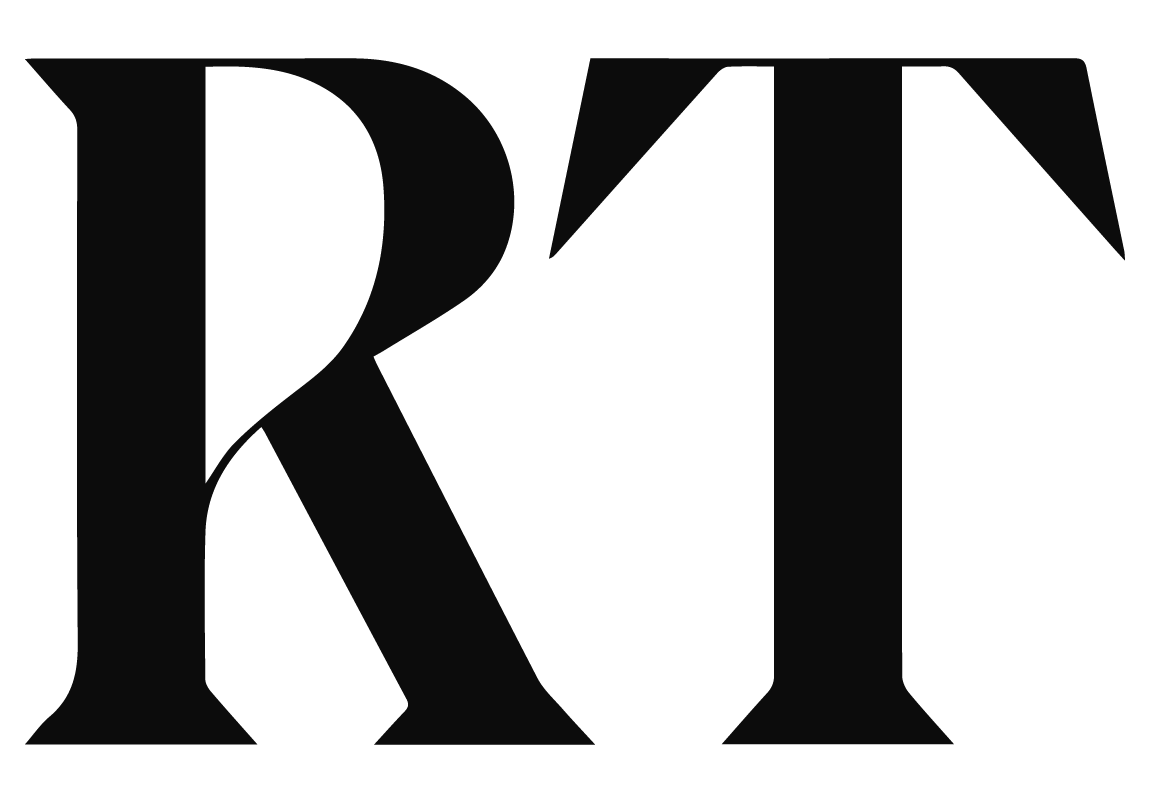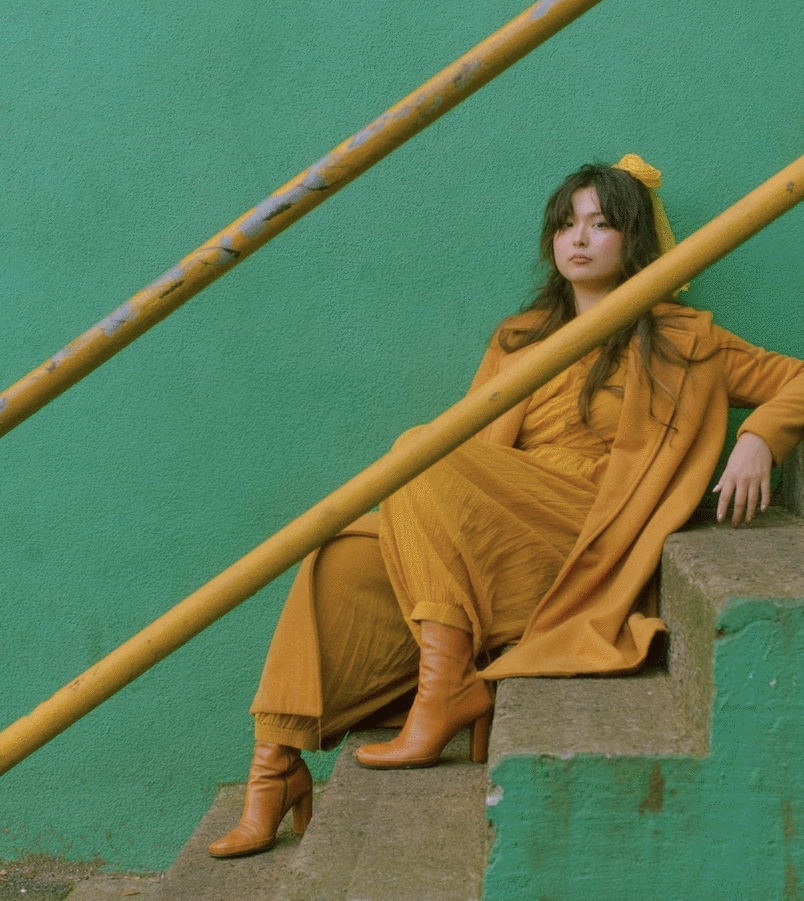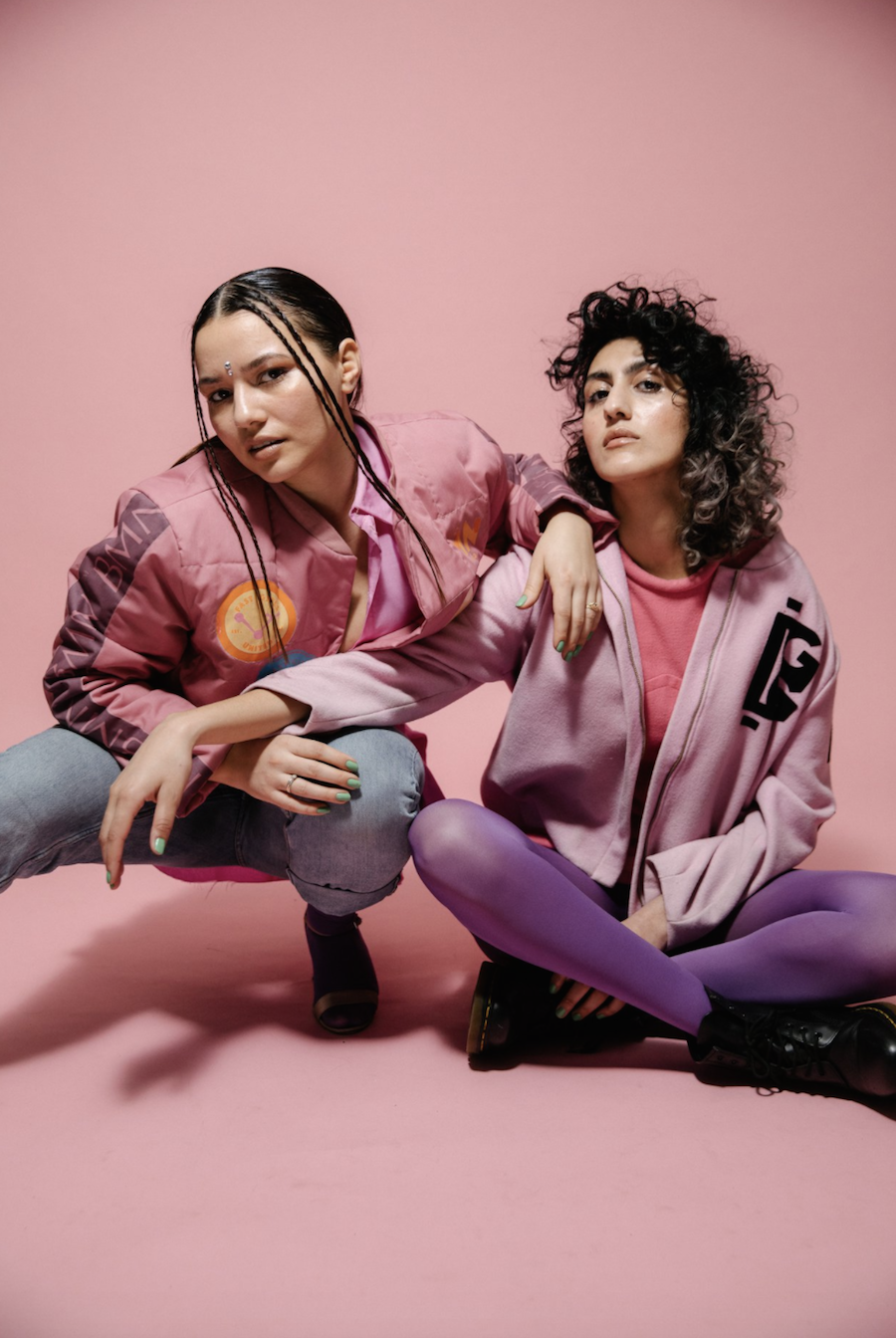How is the pandemic impacting independent music?
We caught up with artists Janette King, Siv Disa and duo FLTY BRGR GRL to unpack how quarantine and social distancing has changed life for them, and independent music at large.
Contrary to the idea of the glamorous, exalted rockstar, womxn who pursue careers in music are faced with the same glaring sexism that comes with any other job. They are often paid less than their male counterparts despite their successes, told how to use their own equipment, and put in uncomfortable positions at the mercy of those who can further their careers.
Despite the long history of discrimination against womxn in music, there’s a roster of womxn artists who are using their voices to re-define what “a womxn’s place” in the industry. We've seen that the #MeToo movement has swept through the film industry, and it seems the music industry is not far behind. Female artists are refusing to stay silent, like Alanis Morissette speaking up on the abuse womxn have faced in the industry, and Phoebe Bridgers who joined a number of womxn in publishing a statement against producer, Ryan Adams.
Covid-19 has caused a shift within the music industry, causing independent artists and venues to lose work, and struggle to stay afloat. However, these artists are now finding unique ways to stay creative and share their music through our new virtual landscape. I reached out to Janette King, a producer, vocalist and DJ based in Montreal, FLTY BRGR GRL, a glittery garage pop duo from Oslo and Siv Disa, an experimental singer-songwriter from New York City who are just some of the womxn making waves in the industry. FLTY BRGR GRL was featured on CLASH Magazine’s “Track of the Day,” King has amassed over 15K YouTube streams, and Disa holds a monthly residence at the infamous Bowery Electric music venue. These womxn are making space in order for little girls to know their voices are worth being heard. “When we were younger we missed having role models; girls who looked like us and played in bands. So we hope that more girls can get inspired now, see themselves in us and in our songs.”
Siv Disa by Diego Palomino
We’re in the midst of a pandemic. Everyone has been impacted in some way. How has the pandemic impacted the independent music scene?
Siv Disa: It’s affected everything entirely. Band rehearsals and shows are on hiatus, and venues are going under. I've seen many fundraisers for treasured venues being organised, so I hope these places pull through. I'm harnessing my energy into recording and writing, and trying not to focus on things I can’t fix. I've had difficult conversations with friends about how this is going to force us to channel our efforts towards amplifying our online presences which is a weird transition.
Janette King: It’s made it super hard for artists who depend on touring as a way to gain more recognition. Because of the ongoing pandemic, many of us independent artists have had to cancel shows and tours which has also made it harder for us to make money and support ourselves.
FLTY BRGR GRL: For the time being it’s of course “different.” There are a bunch of live streams happening which is awesome. It shows that people are creative and open to finding new ways of dealing with things.
Have you been staying creative during this time in lockdown?
FLY BRGR GRL: We’re eager to start playing IRL concerts, but we’re not sure when that will happen. Luckily, we can still work on new songs so we’ll definitely release an album at some point.
Janette King : It's been hard but it’s also a blessing to have this much time on my hands. I’ve just rented a piano, and I’ve been busy writing some new tunes. I usually write from my personal experiences, so there are a lot of real things I can write about right now. It's a tough time for everyone. I’m lucky that as an artist I have songwriting as a form of self-therapy.
Siv Disa : I’m doing a number of fun things! I've been recording music with a new mobile computer set-up as well as an old 8-rack Tascam Recorder, and learning that process. I’ve also been working on music videos and other video collage-type projects to accompany my music.The latest video is called Fear and is out at the end of the month. It’s an ode to 70s homemade horror movies. It was super fun to edit it endlessly during lockdown. My favorite new hobby is marbling, and that's something I really encourage everyone to try! I found a very soothing ASMR-like video on suminagashi (Japanese paper marbling technique) and I was hooked.
Janette King by Sabina Roman
Have you ever faced any discrimination in the industry?
Janette King: The music industry doesn’t seem to take you as seriously as they should, when you’re a female artist. A lot of the time people don't think you know how to use your own instruments or know how to handle the business side of things. I've also been paid way less than my male counterparts for doing the same job, at the same level of artistry. I usually just try to be grounded and outspoken when I know things aren't being dealt with fairly. It’s important to stay true to yourself, and know your worth. I also love giving love and support to my fellow womxn and non-binary folks in the industry because I know it can be hard.
Siv Disa : I mean, they've run the gamut. You have mediocre men offering their unsolicited advice and opinions all the time. Like the guy in the audience who comes up to you afterwards to tell you that you're pretty good for a girl, or the sound guy tries to explain how the volume button on your keyboard works. Nonetheless, I have also worked with people I feel comfortable around, and I consciously try to avoid aggressively straight men. Working with people you actually feel heard by is a given for a lot of male musicians, but this isn’t to say female musicians are given the same courtesy. I think, unfortunately, it's something that we have to fight for, but it's a worthy fight.
FLTY BRGR GRL: It’s sad to say that we’ve probably experienced what all female artists experience like dudes mansplaining how our own equipment works. We’ve also met people who were surprised over the fact that we make garage pop. We guess the genre we’re in is often overwhelmingly white, but honestly, we don’t care. At the end of the day, music will break all those barriers.
FLTY BRGR GRL by Johnny Nordskog
What goals do you have going forward? What are your hopes for future womxn in the industry?
FLTY BRGR GRL : When we were younger we missed having role models; girls who looked like us and played in bands. So we hope that more girls can get inspired now, see themselves in us and in our songs, and know that even though it might not be easy, they too can do whatever they want. Future us will be in the front row cheering!
Janette King: I think for right now, my goals are to make as much music as I can with all this newly acquired time. Honestly, it's a little hard to look too far ahead during this time. I'm just trying to look one or two steps ahead, and do what I can to share my art with the world.. My hope for future womxn artists is that they succeed in all that they put their minds to, and that they remember their worth and refuse to settle for less.
Siv Disa : I feel like this past year has been one of growth and kindling for something bigger. I think we tend to set up a lot of false limitations for ourselves from feeling underqualified. But you know what? If you can describe it and you can find a way to make music that you’re excited about, that's all you need. You don't have to be an expert to get started! Think about the endless hordes of mediocre men with guitars who hit up open mics every week, who are up to their ears in confidence. It's harder for the rest of us to do that because no one told us we were allowed to believe in ourselves in that way. This is what I needed to hear a long time ago, and it's what I'm finally telling myself now.
If you’d like to support our journalism, purchase a copy of our latest issue and use code WOMXN for 25% off.




